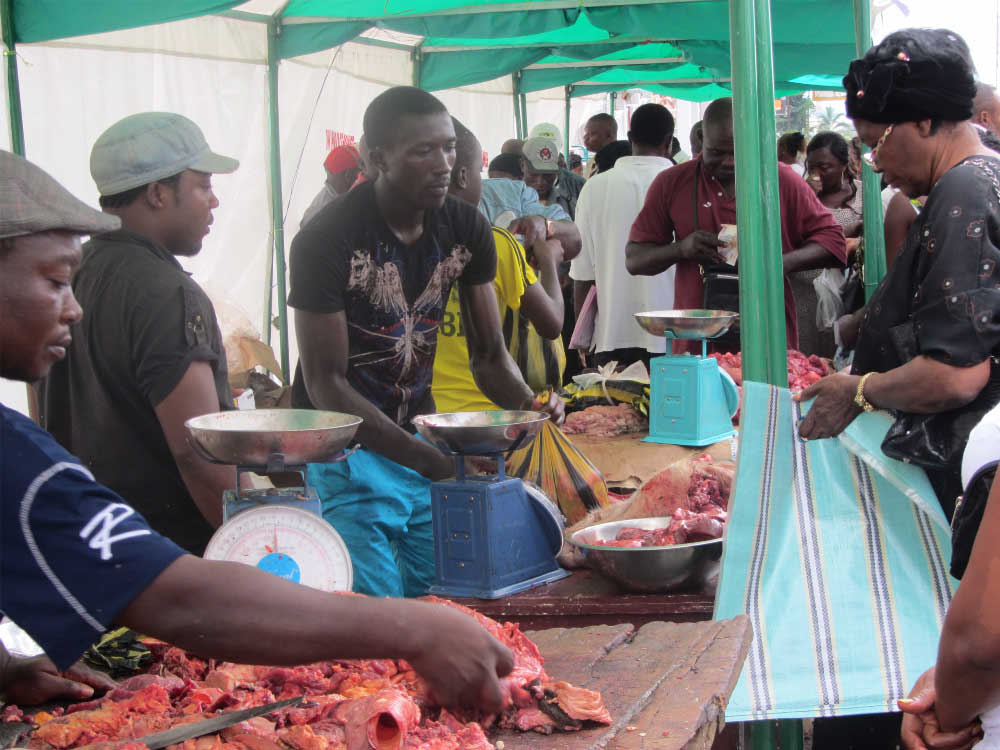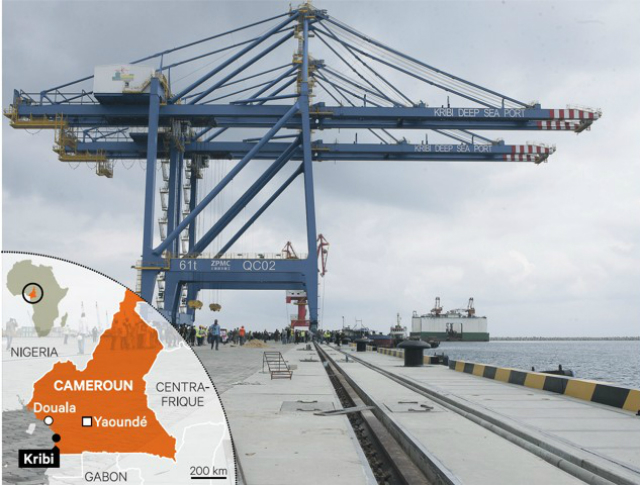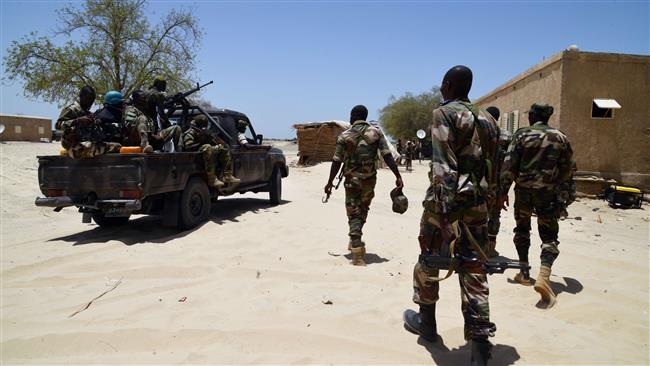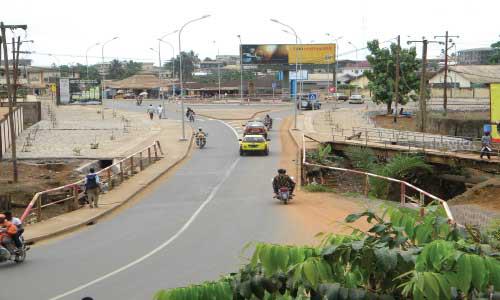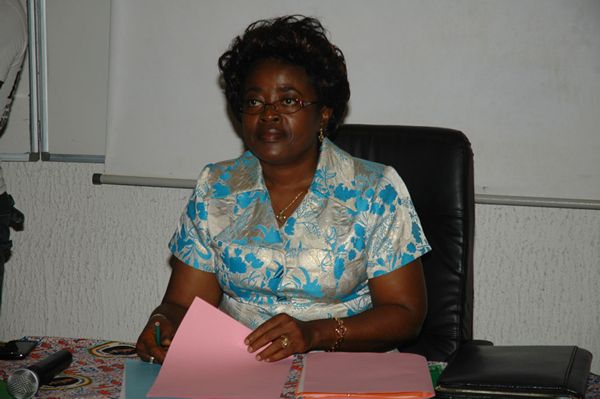Yaounde: Credit Unions go on the offensive to attract customers
Financial experts say the wrongdoings of Micro Finance Institutions in Cameroon of late with shutdown and swindled live savings of customers has prompted the rush by many Cameroonians to embrace the services of credit unions. A credit union is category one micro finance institution; Its characteristics are different in terms of ownership, experts say. A credit union is owned by members while a group of shareholders owns bigger microfinance institution explains Albert Ndikwa, a Chief Accountant.
The Melen-Biyem Assi neighbourhood is a typical example of the sprouting of credit union with roots from the North West Region. “I once counted and had over 20 of such banking institutions from between Total Melen and Carrefour Biyem-Assi,” Albert Ndikwa said. The Manchok Credit Union, the Bamenda Police Credit Union, the Mve Credit Union, the Kumbo Credit Union, Santa Credit Union, Awing Credit Union, Bambili, Bambui and Bessi-Awum credit union are just few of the many. Proximity to clientele, tribal affiliation and other advantages are just few of the driving factors of the structures that reportedly offers enticing products.
Opening an account at the Bessi-Awum Credit Union Limited in the Biyem-Assi requires a sum total of FCFA 32,000 of which shares count for FCFA 25,000, building fees for FCFA 5000, registration fees of FCFA 1,500 and pass book at FCFA 500, Abigail Efang revealed. The union’s interest rates stand at 1.85 and drops as the loan reduces. Other credit unions have more enticing services like daily collectors charged with collecting savings and deposits from members with busy work schedules free of charge.
Some credit union managers explain that customers unable to open accounts but save on daily or weekly basis are charged FCFA 1,000 monthly for the services of daily collectors meanwhile duly registered members only require to locate their addresses for their savings to be collected and saved free of charge. Risks are covered by the office after due investigation, it was revealed.
Albert Ndikwa revealed that buying a share or belonging to the credit union automatically makes you a member/shareholder with end of year dividends, making it comfortable for many to belong to such financial institutions. The micro finance (small bank) have banking systems of operation meanwhile credit unions have less traditional banking stress. Just the fact that credit unions are governed by a Board of Directors voted by the General Assembly with micro finance bodies controlled entirely by Board of Directors who are the shareholders, has given the more people the encouragement to belong to the former, as many fear collapse and the eventual sinking of their savings.
Cameroon Tribune


